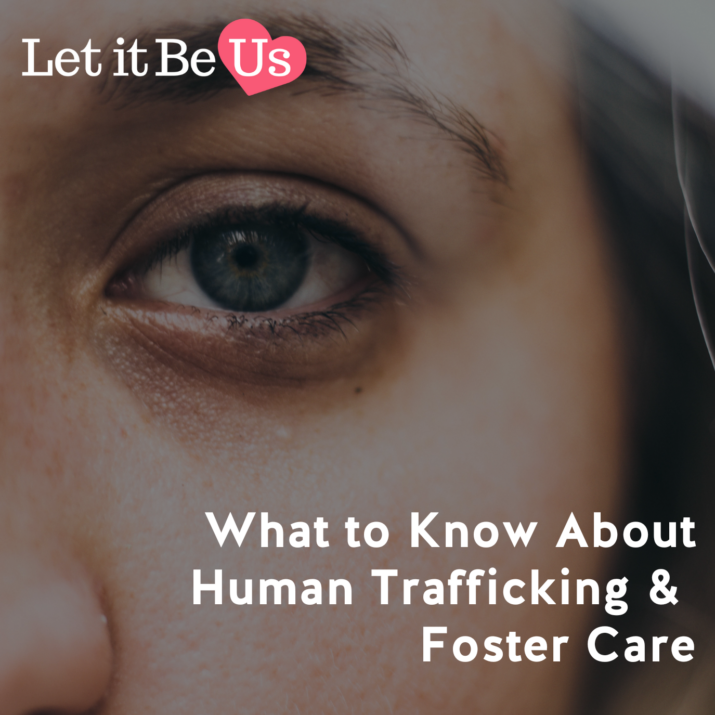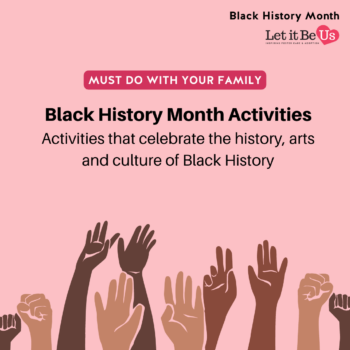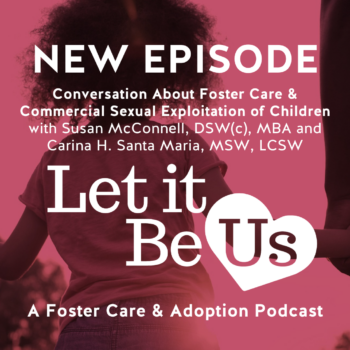What to Know About Human Trafficking & Foster Care
- Foster Care
- February 11, 2023

Human trafficking is a version of modern-day slavery. It is a crime where someone is forced or coerced into being entirely controlled by another person (someone that is referred to as a “pimp or “john”) and used for commercial sex acts or labor against their will. It is often referred to as the “crime that is hiding in plain sight.” Trafficking is often viewed as something that does not occur in the United States or to children, but we know this to be a myth as the FBI reports that about 100,000 children are victims of human trafficking each year in the US. Children in foster care are particularly vulnerable to becoming victims of human trafficking as statistics have shown that 60% of these children have a history of child welfare involvement. The average of a girl trafficked is 12, while average for boys is 14.
Children that have experienced extreme trauma and have mental health concerns and minimal support systems are more likely to become trafficking victims, with children in foster care very often having these factors. These children are then more easily coerced, manipulated, and become trapped into sexualized trafficking. Many are not forced and are instead coerced into trafficking by the abusers, as they prey on the vulnerability and history of the child, often promising support and a better life through what is referred to as “grooming.” Grooming is when they work to gain the youth’s trust and make promises of food, shelter, clothing, money, and gifts. It is a human need to desire being loved, cared for, and supported. Children in foster care often come from histories and backgrounds without this and crave the stability and support offered by traffickers. Once this coercion succeeds the youth then are forced into submission through use of violence, threats, and sometimes forced drug use and dependence. The promise of a better life is how youth in care are seduced into the control of traffickers.
Children in foster care that identify somewhere on the LGBTQIA+ spectrum face even higher risk of trafficking as they have even high rates of abuse, neglect, discrimination, and bullying. They are more likely to become homeless and be in need of financial support and belonging. History of trauma and poor mental health and stability is what traffickers seek out and exploit when they are seeking children, and these youth in care with an LGBTQIA+ identity are at the highest risk among youth in the United States child welfare systems.
The high use of technology and social networking on the internet has made this practice significantly easier for traffickers. They are more easily able to locate children and begin grooming in this fashion. They are willing to put in heavy amounts of “work” in order to lure these children through this process, as they end up being a substantial payout for them once they are forced into sexual trafficking.
Let It Be Us encourages everyone to support children in foster care that face a substantially higher vulnerability to being trafficked. Becoming a foster parent can allow you to support a child and provide them a safe, stable, loving and nurturing home environment that protects them against this. If you would like to know more about becoming a foster parent you can join our webinars or our coaching program that allows you to work one-on-one with a child welfare expert and current foster parents to get your questions answered and learn more about the licensing process- both of these being completely virtual and free!
If fostering is not something you’re able to do, you can also become a volunteer CASA (Court Appointment Special Advocate) in order to work directly with a child in care to act as an extra advocate and voice to protect the child and advocate for their well-being.
If you are aware of someone that could be the victim of trafficking, you can report this by calling the National Human Trafficking Hotline at 1-888-373-7888 or text them at 233733. If this individual is a child, you can report this to the child abuse hotline as well at 1-800-4-A-CHILD (1-800-422-4453). If a child is in immediate danger, always call 911 as well. – Vanessa Baie, Director of Foster Care Licensing & Placement Support
How to Get Involved
About Let It Be Us



